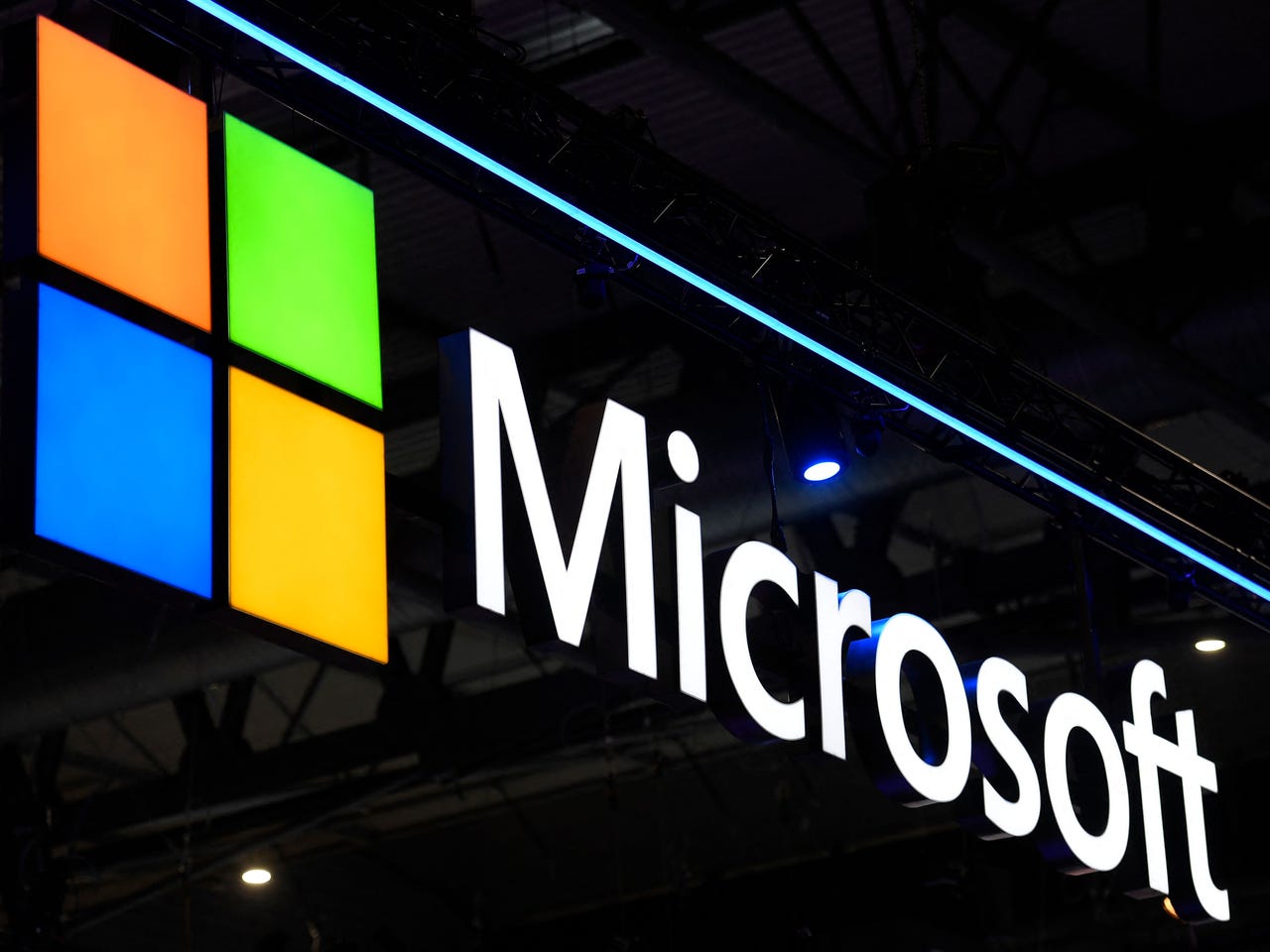Microsoft found a new way to anger customers and why are you surprised?


Why? Because they can.
Some things take a particular talent.
Cooking requires a beautiful mixture of patience and imagination.
Soccer requires a blissful mixture of coordination and determination.
ZDNET Recommends
On the other hand, annoying your customers takes a dastardly concoction of heinous chilliness and sublime indifference.
Currently, too many big tech companies are at it. For as long as I can recall, however, Microsoft has displayed a particular ability to annoy -- nay, actively anger -- its customers while appearing to be oblivious of their feelings.
Examples are, sadly, boundless.
We're edgy about tweaking your nerve endings.
Who can forget Microsoft forcing Edge upon customers, with some fuming that it looked like malware? Others even worried it was stealing their Chrome data.
And then there's Redmond's penchant for putting ads in your most intimate places. This is a long-running saga.
Last year, I confess I became marginally inflamed myself when my desktop Outlook email homepage was adorned with ads for things I didn't want. Or, worse, for things I already had.
I begged Microsoft to please make these ads stop. Microsoft offered a delightful response: "The ads encouraging you to download Edge or add an Outlook application, they're actually not ads at all."
No, these were merely pieces of information telling me about new features and apps.
So not ads at all, see?
The new ad-venture.
One shouldn't be stunned, then, that Microsoft has taken things a little further. Why, one Twitterer, Nick Smith, was outraged at what Microsoft had done to his Outlook iOS app.
"The iOS @Outlook app shows me ads that look like emails now," he ululated. He added that he wished Microsoft would just go away with this sort of thing. Well, his exact words were: "get the f*** outta here, @Microsoft."
To be entirely fair, this email-looking ad did include the word "Ad" in a little box. One can, though, appreciate the feelings of human beings who, too often, keep wondering: "Is nothing sacred?"
Perhaps, I hear you wonder, Microsoft was just targeting Nick Smith for some unknown reason. Alas, no.
Here's a Reddit thread where Outlook app users -- of both iOS and Android persuasions -- have united in condemnation of this move.
Redditors comments began with this: "Outlook used to be my favourite email app… until now. Back to default Mail app, I guess, lol."
They devolved to this: "Might as well just go back to use the app that comes with OS. It is the same with SwiftKey or MS launcher; if they do these kind of sh**, I will switch back to app that comes with OS."
They sank to this: "Started happening to me as well yesterday. Years of no ads, and then start, are pointless and of no relevance to me. Will be looking for no email app for my Android Samsung phone."
One wise interloper asked whether these unhappy people were all using the free version of the app. It seems so, for these ads are only appearing for subscription refuseniks.
Indeed, it's not as if ads haven't appeared previously in the apps. They have been limited, however, to the segment of "Other" emails that users can choose to house less important, less personal emails.
Now, it's been extended to those who don't separate their emails between "Focused" and "Other." (Personally, I'm a separatist.)
Freedom? There's no such thing.
Naturally, I asked Microsoft for its feelings concerning its customers' feelings.
A company spokesperson explained: "For free users who are using Outlook in its default configuration with Focused Inbox, there is no change -- ads will continue to be shown in Other. For people who opt out of Focused Inbox, they will see these ads in the primary inbox."
You see, it really isn't that big of a deal, is it?
Indeed, the spokesperson helpfully added: "They can always turn Focused Inbox back on to have a primary Inbox free of ads."
Some might translate this as: "Look, you're going to get ads whether you like it or not. You're using our service for free, after all. So just pick the way you'd like the ads, OK? No biggie."
Perhaps these loyal Outlook users shouldn't be surprised. Big tech companies like Microsoft and Apple have long stared at how much other big tech companies such as Google and Facebook make from ads.
They cogitated for the most interminable time before concluding: "Hey, we could easily take some of that money." So who could possibly register on the astonishment scale at such moves as Microsoft's?
Personal spaces have long been eroded. Personal lives are no longer all that personal.
If a tech company can find a new way to make money out of you personally, it'll do that.
Who can wait, indeed, to see what sorts of ads appear on Apple Maps? I'm sure they'll be very tasteful.